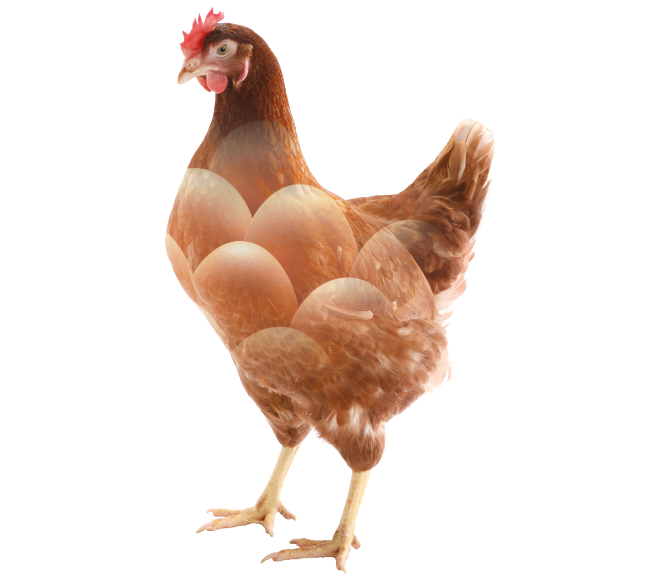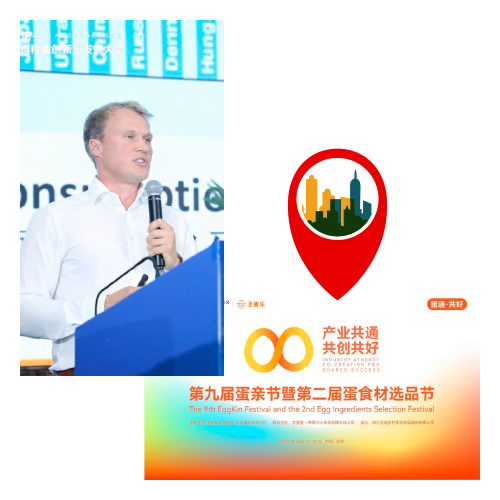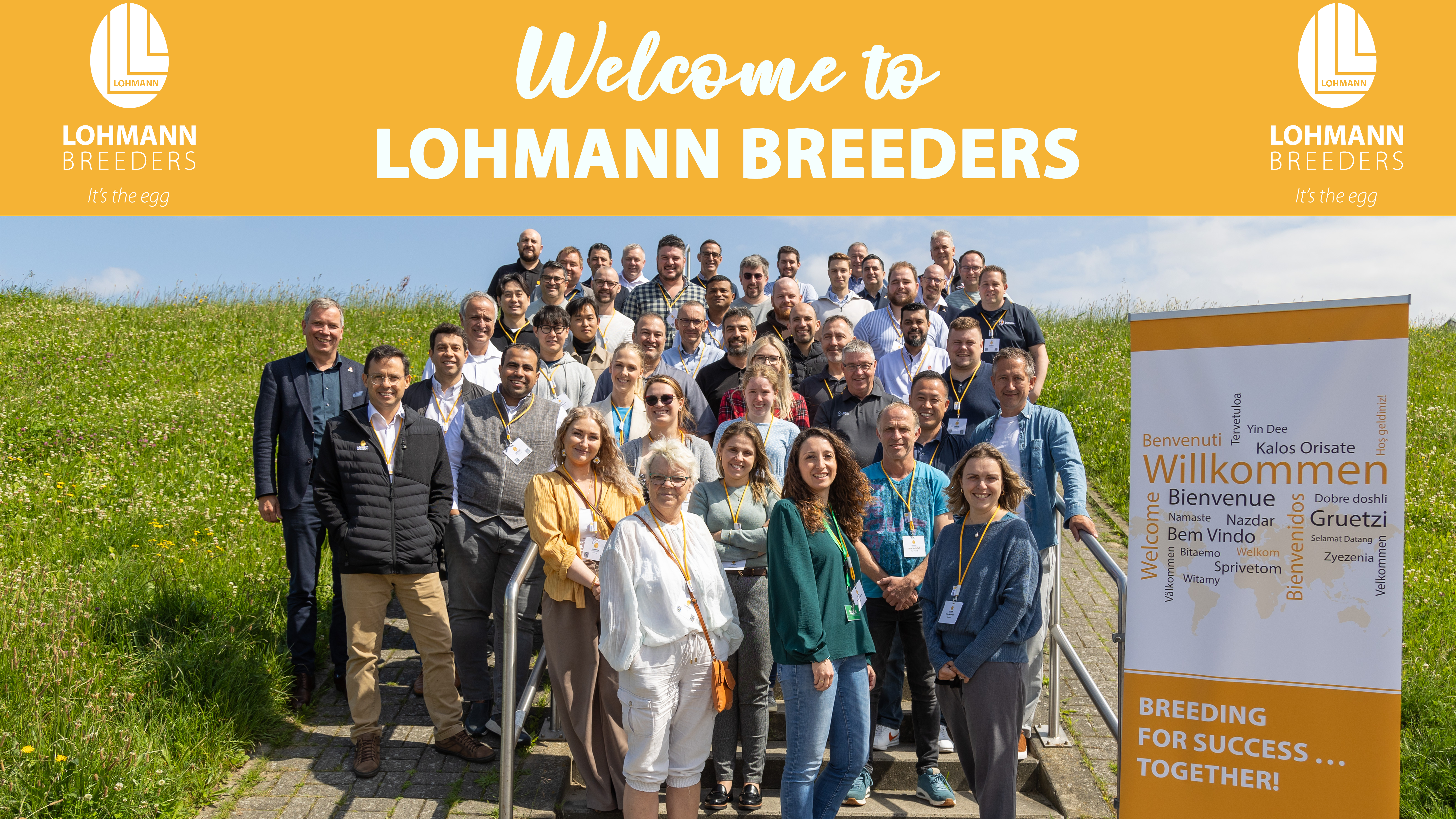Since its foundation by former chairman Hideo Tokoro in 1963, Ghen Corporation of Gifu in Japan has evolved into the undisputed leader in the Japanese layer chick industry. At present this full subsidary of the EW-Group supplies nearly 90 % of all layer breeders in Japan. About 22 independent hatcheries purchase breeders from Ghen’s GPS operation. Japanese consumers prefer white shelled eggs (about 65 %), brown (28%) and tinted (7%) eggs are mainly sold as socalled branded eggs.
A recently founded company called Nihon-Layer, which also belongs to the EW-Group, is a key producer of commercial layer chicks with an annual capacity of almost 25 million chicks. Since the early nineties the share of LSL commercials (called Julia in Japan) has grown to more than 85 % of the domestic white egg layers. LOHMANN TIERZUCHT supplies both LSL CLASSIC and LITE Grandparents to Japan to safeguard continuous production of breeding stock. Both breeds form a perfect match for producers who need medium and large sized eggs.

How did we achieve such an impressive growth? Excellent genetics.
In the early years we had only one white variety; LSL. Due to different preferences for egg sizes in various regions, LOHMANN genetics started to develop varieties with different egg weight patterns.
After the introduction of the LSL LITE variety to complement the LSL CLASSIC, more birds were placed in different regions. The Japanese table egg market is characterised by urban areas where people prefer medium sized eggs and more rural areas where large sized eggs are preferred. Besides diversification of egg size, genetics also realised impressive progress in productivity and egg quality traits, which made the LSL the most popular white egger in Japan.

Committed distributor.
Ghen Corporation of Gifu has grandparent stock of LOHMANN and Hyline. They supply parent stock to nearly all layer hatcheries spread over Japan. Their GP facility is located in an isolated area in northern Japan, with state of the art facilities and strict bio-security. Having GPS is a huge advantage in Japan, as authorities can be very precise concerning the import of parent stock from abroad. Ghen Corp. also has a team of specialists who support their customers both in PS-, hatchery- and commercial layer issues.

Meeting high quality standards.
Japanese consumers demand excellent quality in all respects. The Japanese egg market is highly quality oriented and therefore breeding companies have to concentrate not only on the productivity of the birds, but also both external (shell) and internal (albumen height, absence of blood and meat spots) quality are crucial traits. The table egg market is predominantly white, but brown and tinted eggs are gaining in popularity with consumers.

Market summary
- Japanese market
- Egg consumption per capita: 330 eggs
- Egg demand volume: 2.6 million tons
- 50% of eggs for table eggs, 30% of eggs for restaurants and 20% of eggs for processing
- Share by shell colour: 60% white and 40% coloured (brown and tinted)
Providing technical information and education
- As an integrated service company for
the layer industry, GHEN Corporation has
unique activities:
- Making an original management guide We always check if each variety’s performance reaches the standard of the guidelines under Japanese circumstances and make original management guides by adjusting the standard or management method as necessary.
- Diagnostics for PS we sell Not only is a standard diagnostics programme provided, but also additional services according to customer demand. We assure the product quality and a speedy response in the event of any issues. This diagnostic fee is included in price of PS.
- Julia meeting We ask geneticists or responsible persons from LTZ to give lectures on genetic improvement, management methods and so on to provide the latest or useful information.
- GHEN poultry school This is a technical school for new employees who follow a course for three days and two nights. The programme includes hatch management, poultry diseases, productivity, economic topics. The various topics are presented by specialists in each discipline.
Ron Eek







